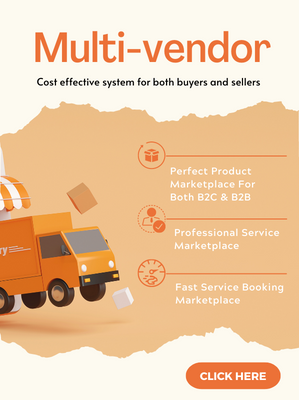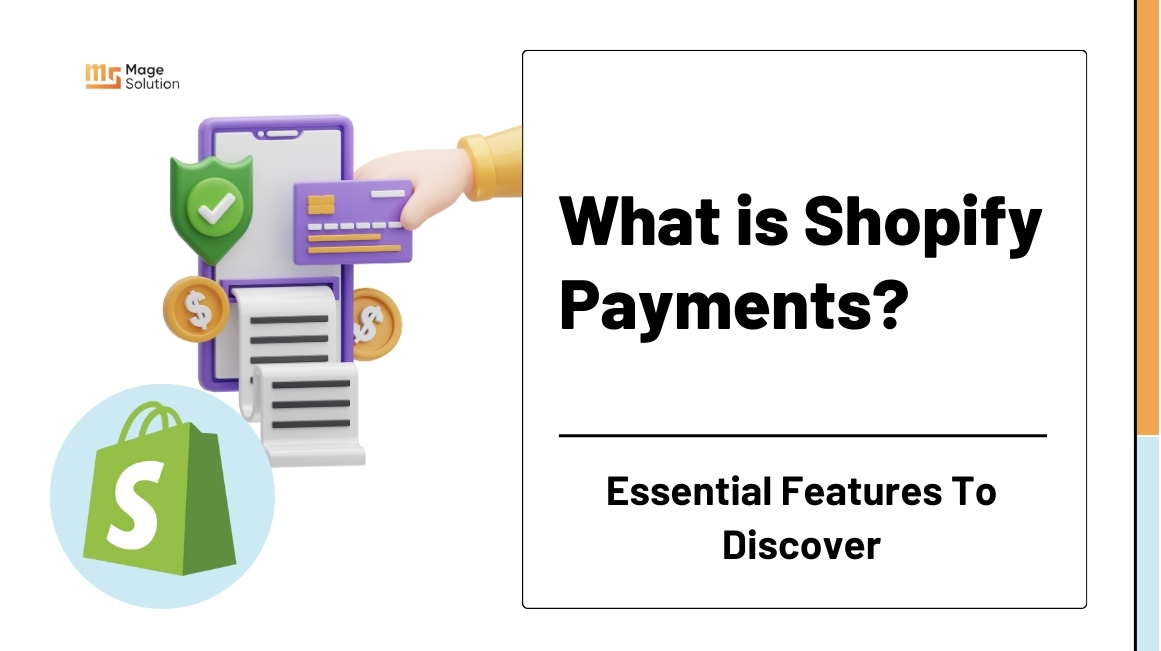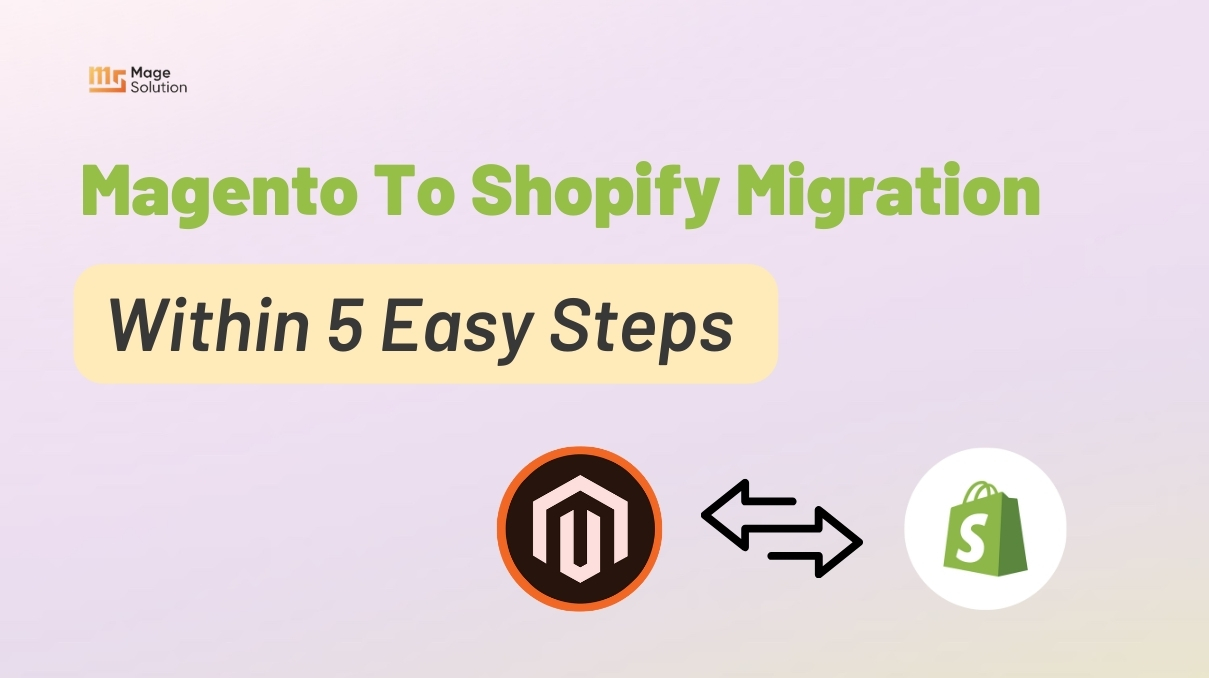E- Commerce website builder is a perfect solution for individuals and small businesses to start an online store without hiring a developer. However, finding the best website builder can be difficult for beginners. In this article, we’ll help you select a suitable website builder by going over the pros and cons of the most popular options.
How to choose the best eCommerce website builder?
There is an abundance of choices for eCommerce website builders, but not all of them will have exactly what you need. When choosing a platform, you have to think about your business goals, your product, and what is realistic for you to manage. To choose the best option, consider the following questions.
>>> Read more : Top 10 best ecommerce platforms in 2022 and how to choose it to build your ecommerce website
1. What’s your budget?
Having a website builder that is affordable is essential. This means allowing flexible payment options like letting you pay monthly, bi-monthly, or annually. Some e-commerce website builders require payment in full upon the agreement of terms of service, so you need to check the frequency in which you will have to pay before you agree to the terms of service.
It’s a great idea to look for a platform with various tiers or packages so you can scale up your online business and add more functions as your demands to evolve over time.
2. Consider your requirements and priorities.
Before you choose a suitable builder platform, you need some idea of what you want your website to be and do. Here are a few good questions to consider include:
- What level of experience do you have in design?
Most eCommerce website builders are made for people that don’t have much experience with design or website coding, but some will still be easier to figure out than others. If you’ll be learning from scratch as you go, look for a builder that provides website theme themes and drag-and-drop design options.
You’ll need to make sure the eCommerce site builder you select allows you to do everything you need it to all on your own. You should create a checklist of your must-have features and be sure the option you choose ticks all the boxes.
- Do you need an eCommerce website?
An eCommerce website will need to have a shopping cart and check out functions, and you will need a design that emphasizes getting users to take that next step of making a purchase. When selecting your eCommerce website builder, you need to regard if they provide the right templates and functions to start an online store.
- What kind of media will you include?
Will your website include video? A photo gallery? A blog? A map that showcases where your store is located? Make sure your eCommerce website builder comes with the types of content formats you want to include.
- Does it integrate with the software you want?
Integrations are what help you save time and simplify the complexities around running your eCommerce business, so make sure the eCommerce website builder you will integrate seamlessly with the applications and tools you depend on such as logistics, customer data, email marketing, etc.
3. How long does it take to build a Website?
Some software-as-a-service eCommerce platforms can be set up and go live in a matter of hours. Other solutions might take months to deploy. So know how soon the eCommerce site should be up and how much development time you can invest.
If your online store needs custom build-outs or developer work, you’ll have to determine the timeline for that work, as sometimes programmers work can need several weeks (or even months) for proper execution.
Ensure that your back-end work and website build-out will be wrapped up well before your launch date so you’re not scrambling at the last minute.
4. Consider the number of themes.
When you use a website builder, your design process starts with the templates the builder offers. You choose one of the available templates and customize it to turn it into your website.
You don’t want to invest in a website builder only to find that your customization options are far too limited and you don’t really like any of the themes they provide. Ensure that the eCommerce website builder you select has enough themes that you’ll be able to find one that makes a good starting point for your store
Everything else will be much easier if the theme you use is a perfect fit for what you have in mind.
Top best eCommerce website builder
1. BigCommerce

BigCommerce is one of the largest eCommerce platforms on the market. BigCommerce is a paid-for, ‘hosted’ e-commerce solution that lets business owners build an online store and sell their products on the web
Pros:
- SEO tools. Fully customizable URLs and metadata to fit any SEO strategy.
- Adaptive site themes. Attractive storefront themes with built-in HTML, CSS, and Javascript.
- Easy UX, easy-to-use, customizable storefront builder.
- Secure experience with BigCommerce’s PCI 3.1 Level 1certification and multiple data centers that make backing up data second-nature.
Cons:
- Limited mobile support for store management.
- The pricing a bit higher than other website builders on the list.
- Migrating away from BigCommerce will be difficult
Be suitable for:
- Best for fast-growing businesses.
- Tracking your store’s revenue.
- Implementing cross-channel commerce.
2. Magento
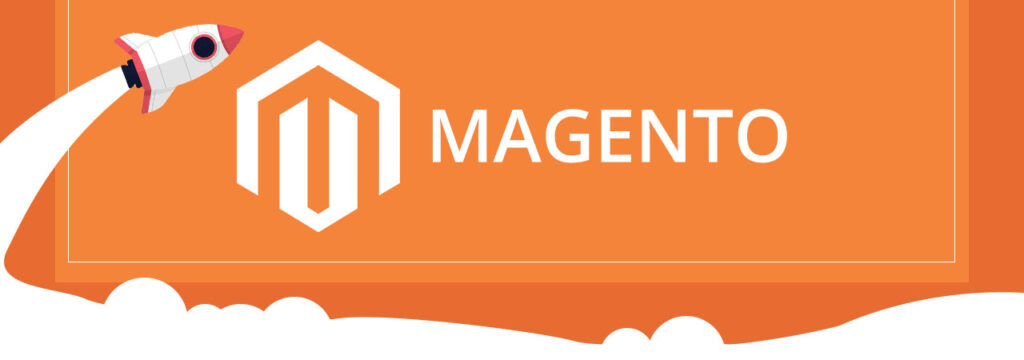
Has your business already invested heavily in IT or development? If so, Magento might be the eCommerce website builder for you. Besides, this builder is great for brands that are ready to integrate eCommerce solutions like omnichannel and global expansion into their strategy.
Pros:
- 100% control over your eCommerce store. With Magento, brands have complete control over their own eCommerce store.
- Create better brand interactions: Magento lets you unite your content with your customer demands, making their experience richer.
- A huge community of developers and Magento extensions to solve problems and provide support
- Robust insights: Push your data further with insights that allow you to see how business is going so you can plan and optimize.
Cons:
- Since manual patch and bug updates, which require website and integration QA, Magento still has a few issues to work through.
- A least suitable platform for beginners – you should either have developer skills or be willing to hire Magento 2 Certified Professional Developer
Best For:
- Brands who are heavily invested in IT or development.
- Companies need a more intricate eCommerce system.
3. Squarespace
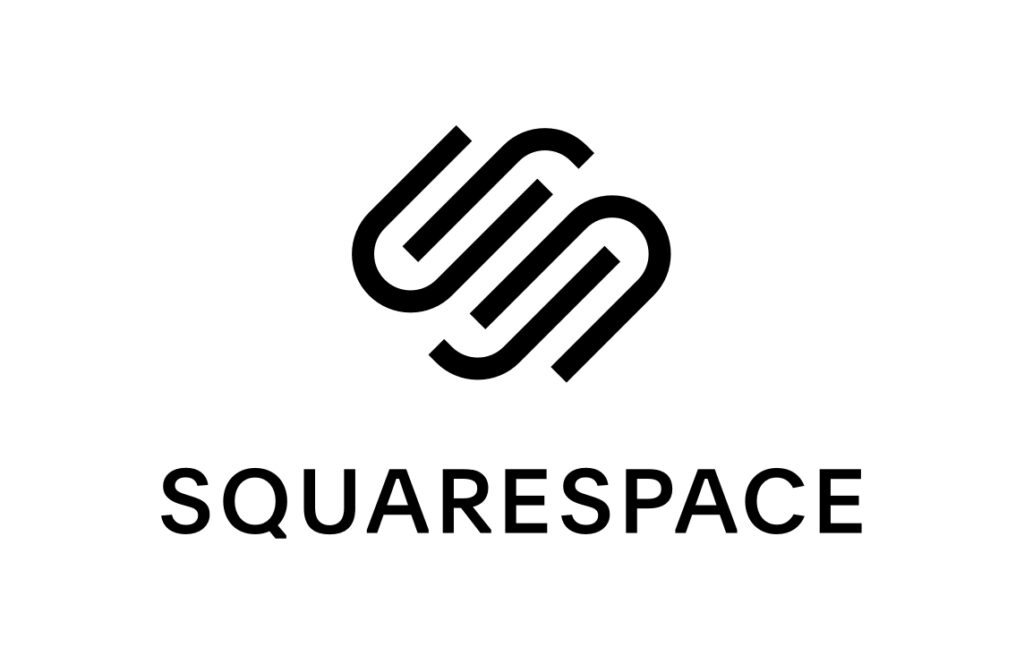
Squarespace is a popular professional website builder known for its amazing designs and ease of use. This eCommerce website builder is the best suitable for portfolio building and blogging, but it also provides notable eCommerce tools that can help to develop your online businesses.
Pros:
- Squarespace comes with tons of website designs to get started. All of these designs are completely ready for all types of content
- Award-winning customer support. You will never go at it alone with this platform’s streamlined customer service options
- Squarespace helps business owners to run subscription-based services easily. This eCommerce website builder also supports to simplify logistics and manage sales all within one platform.
Cons:
- Offers limited integrations with third-party service which can be a hurdle in developing your business.
- Squarespace offers limited shipping and payment solutions for customers. Their eCommerce plans only allow Stripe, Apple Pay, and PayPal for payment processing. You cannot add additional payment gateways.
- The platform’s intricate discounting functions also is a disadvantage
Be suitable for:
- Best for sellers on a budget.
- Managing orders and inventory.
- Business owners who need extra support to build and manage their store
4. Wix

Wix.com is the best overall eCommerce website builder. It is popular cloud-based website builder software. Wix blends the ease of a drag-and-drop builder with powerful eCommerce features.
Pros:
Easy to use: Wix’s drag-and-drop builder is super beginner-friendly
Excellent customization: With Wix, you can easily control your branding with Wix’s editing tools
Plenty of selling tools: This eCommerce website builder provides abandoned cart recovery and multichannel selling
Cons:
No stock management alerts: you need to manually keep track of your stock levels
Can’t change templates once live: rebranding can be harder as you can’t switch themes
Not suitable for extremely large businesses: Wix’s functions may struggle to support a huge store
Be suitable for:
- Business owners who are new to eCommerce or who aren’t tech-savvy.
- Companies who need an appointment or booking function
5. Weebly
Weebly is an eCommerce website builder with tons of amazing designs and functionality. It comes with a beautifully crafted page builder that helps you to edit your web page without learning any coding skills.
Pros:
- Offers great additional tools — perfect for running a blog alongside your website
- Easy to use for beginners with the Intuitive drag-and-drop feature. You edit the webpage without touching a piece of code.
- App center: It’s easy to add additional functionality to your Weebly site with a library of in-house and third-party apps.
Cons:
- Limited customization options: This eCommerce website builder has fairly structured templates, and you can’t customize the checkout page either
- This builder lacks big data tools like powerful inventory management
- Lack of multichannel function: you can’t sell across other channels without installing an app
Be suitable for:
- New store owners, hobbyists, and brands with SKU counts of less than 100.
- The business that doesn’t need a highly technical eCommerce platform.
- The business is experimenting with an online website and wants to explore various options.
6. 3dcart
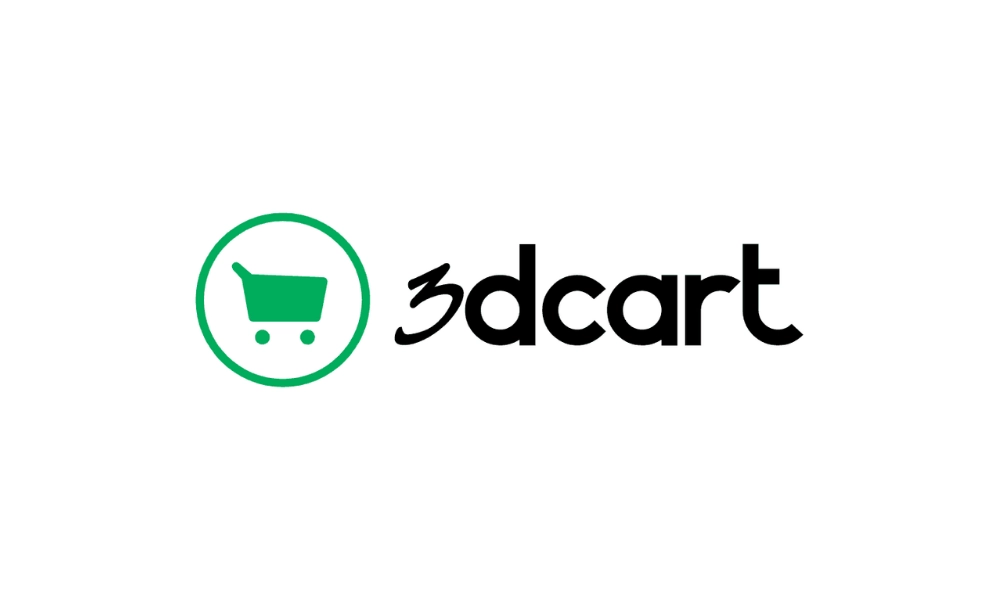
The 3dcart’s all-inclusive eCommerce store software can allow business owners to elevate their presence. The 3dcart is excellent for payment options.
Pros:
- Advanced shopping solutions. Category navigation, wish lists and registries, customer reviews, and more make shopping more comprehensive for customers.
- Offer helpful features such as useful SEO prompts
- Tons of payment methods: t has over 200 payment options to choose from
- Scalable. Whether you’re a small business looking to accelerate your growth or you’re a large enterprise store, 3dcart can grow with you.
Cons:
- 3dcart’s limited CDN makes for a poor site uptime during heavy traffic periods for website
- Expensive for what it is — you can get much more for your money elsewhere
Be suitable for:
- Best for payment options.
- Customizing your storefront.
- Integrating with third-party apps and software.
- New businesses with smaller startup budgets.
7. Big Cartel
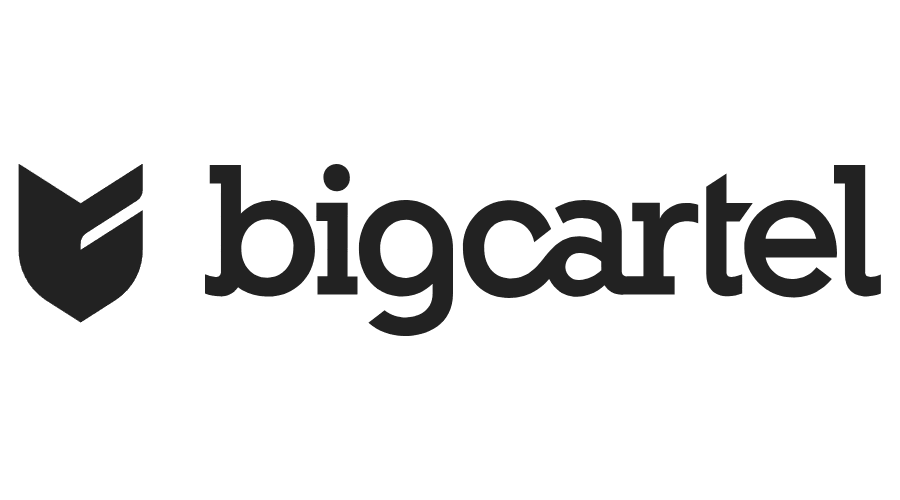
This eCommerce website builder is designed for smaller merchants who do not need a sophisticated platform. Big cartel allows you to set up your online store with several pre-made themes. And if you want more customization, the platform brings you to tweak the HTML, CSS, and JavaScript directly.
Pros:
- BigCartel’s store builder is simple to use and fast to learn, so you can start selling quicker.
- This platform has streamlined how shop owners oversee inventory, monitor store data, and fulfill orders.
- BigCartel was designed with makers, creatives, and independent merchants in mind.
Cons:
- This platform is limited when it comes to reporting, it doesn’t provide a blog feature, and the customer support component could be enhanced
Be suitable for:
- Smaller business owners who don’t need a complicated eCommerce platform.
- Business owners who want to build an impressive, on-brand store quickly.
8. Shopify
Shopify is a dedicated eCommerce website builder. Its main purpose is to help your business build online stores. Its themes, functions, and apps are all geared towards eCommerce success. Despite it working outside the WordPress realm, it’s worth to include Shopify on this list.
Pros:
- Fully-hosted, so you won’t have to worry about server maintenance and costs
- Very easy to use and beginner-friendly
- A great selection of Shopify themes and Apps
- Low monthly fees
- Numerous Shopify partners that can provide support
- Many options for third-party integrations from their store
- Support of multi-channel retailing — i.e. online, offline, social
Cons:
- This eCommerce website builder has a restricted API call volume, limited URL structure customization, and high transaction fees for merchants.
Be suitable for:
- New business owners, hobbyists, and brands with SKU counts of less than 100.
- A business that doesn’t need a highly technical eCommerce platform.
- Store owners that want to make updates to their website on their own without the support of a developer or IT team.
After carefully evaluating all the popular eCommerce website builders, now are you ready to take the next step in your journey. If you want to start a high-performing, feature-packed, scalable, and secure eCommerce website. Then, contact Magesolution to have our developers build the websites for you. We are a leading ecommerce testing and anhancement company, covers all the website development needs of online entrepreneurs.
